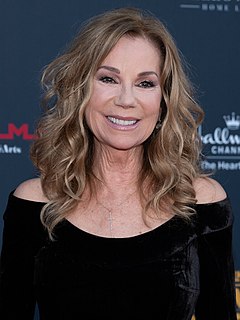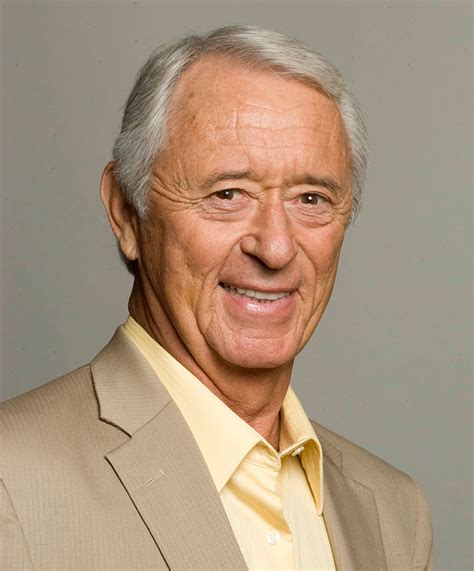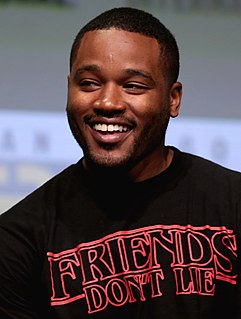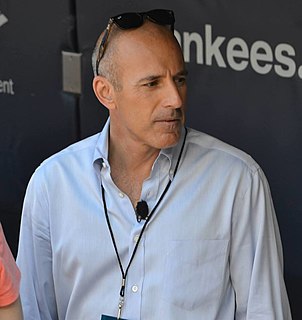A Quote by Julie Delpy
I didn't really fit with other kids. I had problems in school all my life and problems with authority. But my parents never did drugs or anything. They just believed in freedom in the best sense of the word.
Related Quotes
Teaching and writing, really, they support and nourish each other, and they foster good thinking. Because when you show up in the classroom, you may have on the mantle of authority, but in fact, you're just a writer helping other writers think through their problems. Your experience with the problems you've tried to solve comes into play in how you try to teach them to solve their problems.
I think the sad fact is, there's a long history in this country at looking at African-American as subhuman. And I think that's reflected in the fact that, when we have problems that really are problems of employment, that are really problems of mental health, that are really problems of drugs, our answer is the police.
I want to let you in on a little secret. There are no problems. There are no problems. There never were any problems, there are no problems today, and there will never be any problems. Problems just mean that the world isn't turning the way you want it to. But in truth, there are no problems. Everything is unfolding as it should. Everything is right. You have to forget about yourself and expand your consciousness until you become the whole universe. The Reality in back of the universe is Pure Awareness. It has no problems. And you are That.
Alcohol and drugs are not the problems; they are what people are using to help themselves cope with the problems. Those problems always have both physical and psychological components- anything from anemia, hypoglycemia, or a sluggish thyroid to attention deficient disorder, brain-wave pattern imbalances, or deep emotional pain.
Canadians know that the promise of a recession didn't happen because of anything we did here. If you look at all the causes of the recession, problems in mortgage markets, the problems in the banking sector, the problems in government finance in countries like Greece, none of those problems were in present Canada.
Before playing football, I didn't fit in anywhere. My parents didn't have a lot of money, which they spent on our education to send us to Catholic private school in Oakland, mostly black. The other kids had more money than I did. I started school early; I was young. So I'd come back to my hood and read.
At the end of the day, I sit down for about five minutes and review all the problems I'm working on, research problems or writing problems, and I go to sleep. Then when I wake up in the morning, I've trained myself to not open my eyes and to just lie there and recall the problems and see if there's anything there.
To be open to inspiration, one must cultivate a leaning for the problematic, a chronic attraction to things that do not totally fit, agree, or make sense. Inspired ideas are less often solutions to old problems than newly discovered or totally reformulated problems - problems 'created' like brilliant works of art.
The voice in your head also creates a huge amount of problems that aren't really problems. They're just things that haven't happened yet, things that could happen tomorrow or next week. Listening to unreal problems has another name: worrying. That's what the voice in your head does. It what-ifs. It frets. It agonizes, and you can no longer sense the joy of life.
What, after all, are the world's deepest problems? They are what they always have been, the individual's problemsâ??the meaning of life and death, the mastery of self, the quest for value and worth-whileness and freedom within, the transcending of loneliness, the longing for love and a sense of significance, and for peace. Society's problems are deep, but the individual's problems go deeper; Solzhenitsyn, Dostoyevsky, or Shakespeare will show us that, if we hesitate to take it from the Bible.
People who, as children, were intellectually far beyond their parents and therefore admired by them, but who also therefore had to solve their own problems alone. These people, who give us a feeling of their intellectual strength and will power, also seem to demand that we, too, ought to fight off any feeling of weakness with intellectual means. In their presence one feels one cannot be recognized as a person with problems just as they and their problems were unrecognized by their parents, for whom he always had to be strong.




































